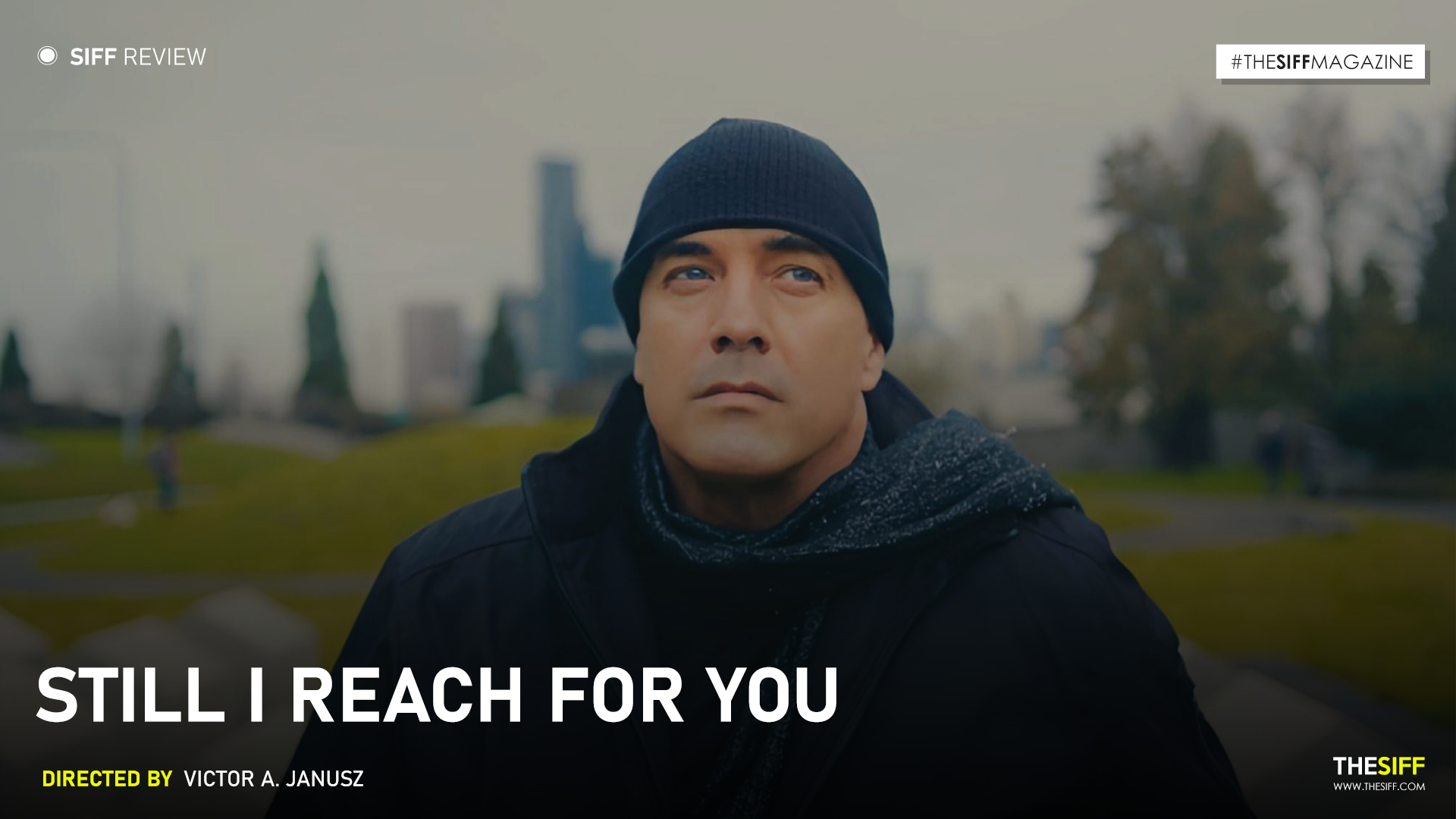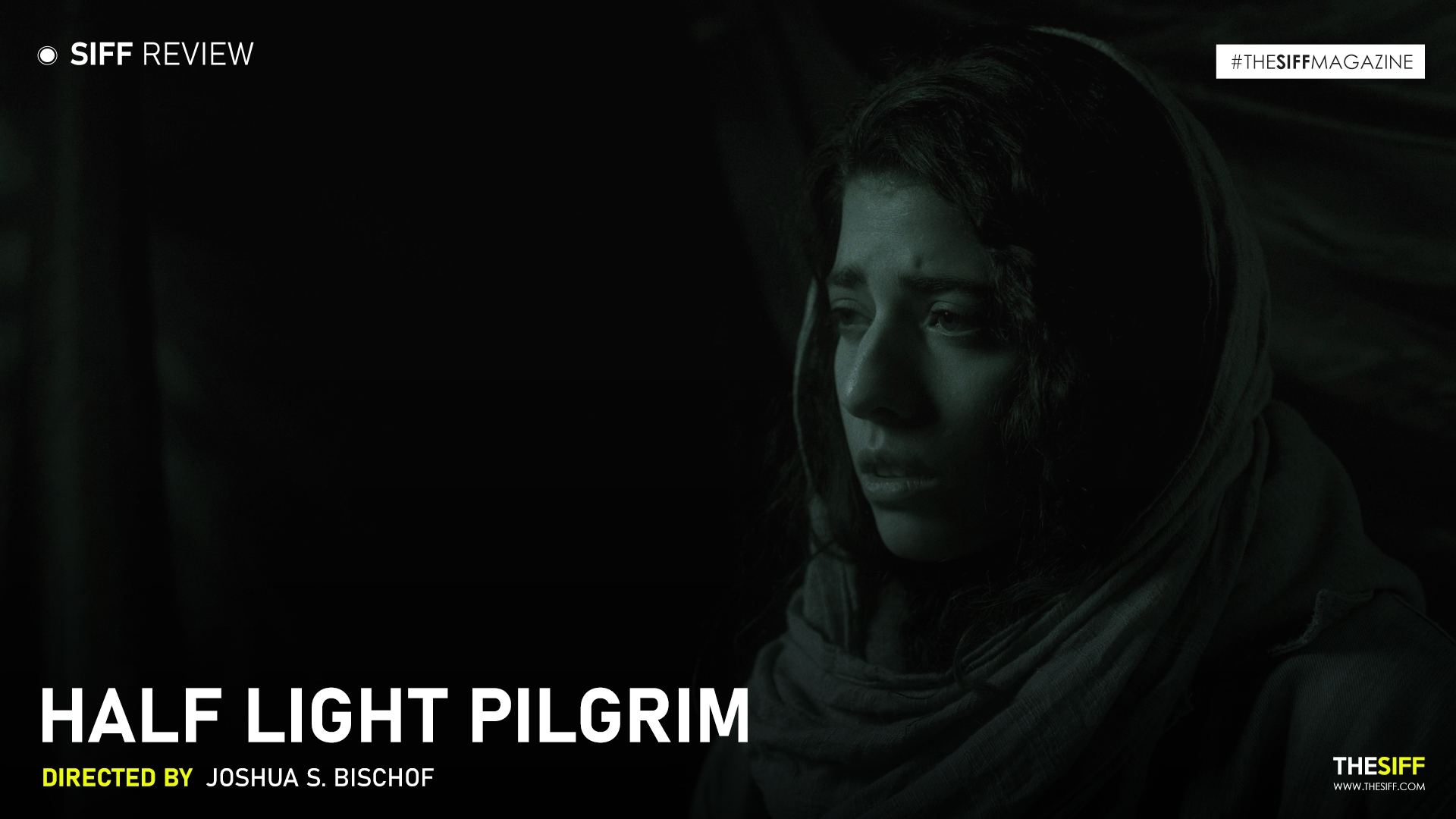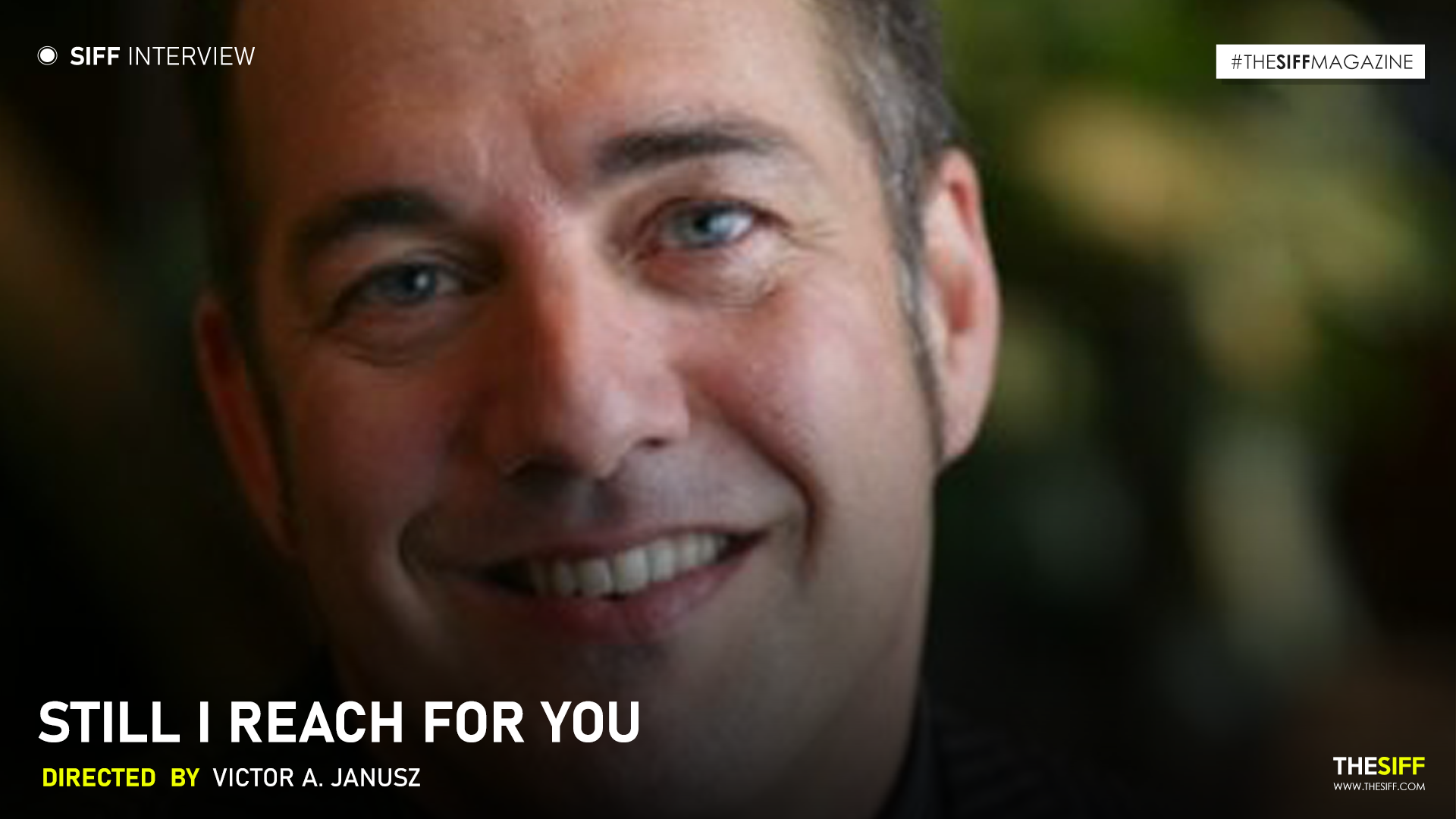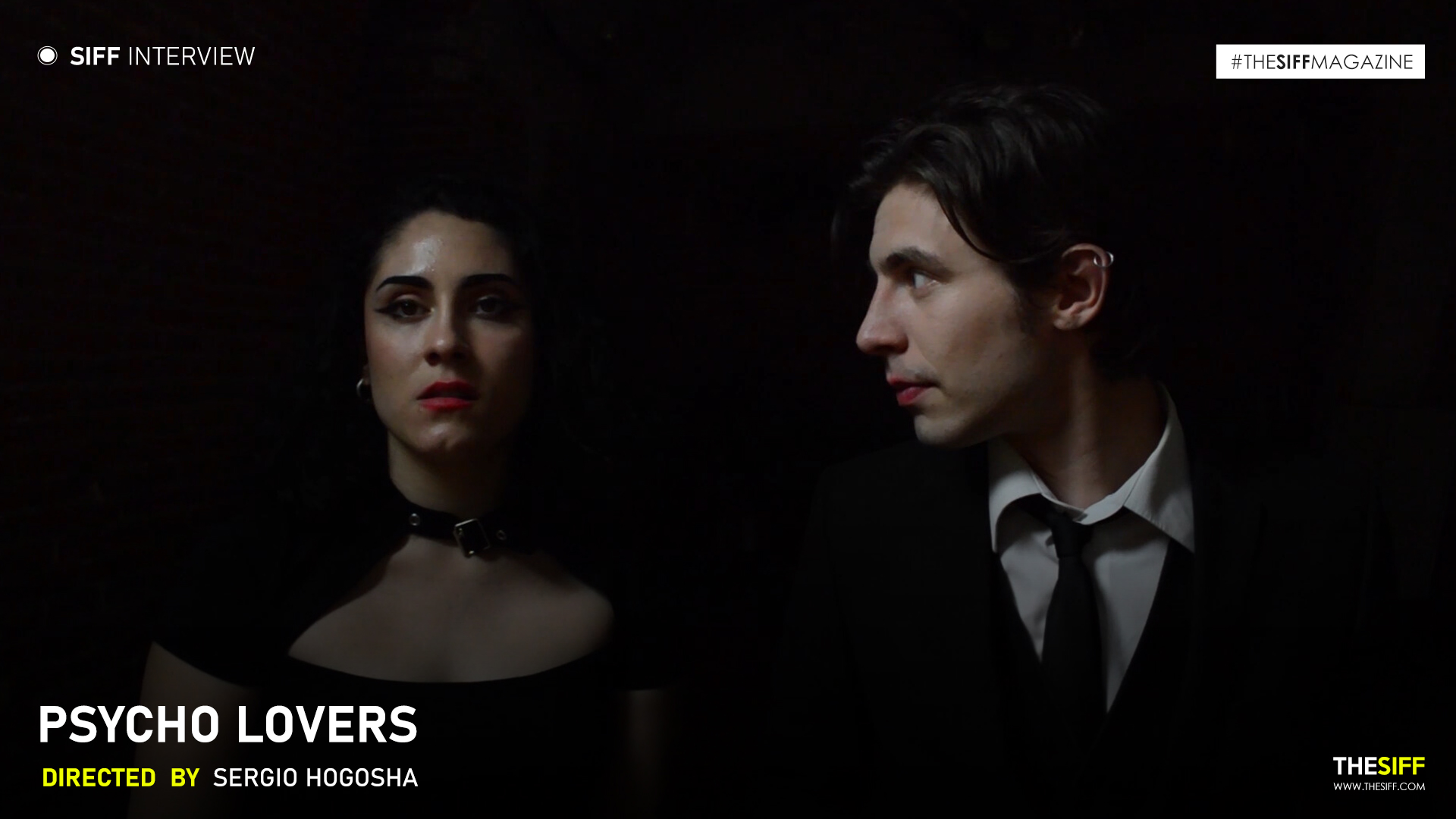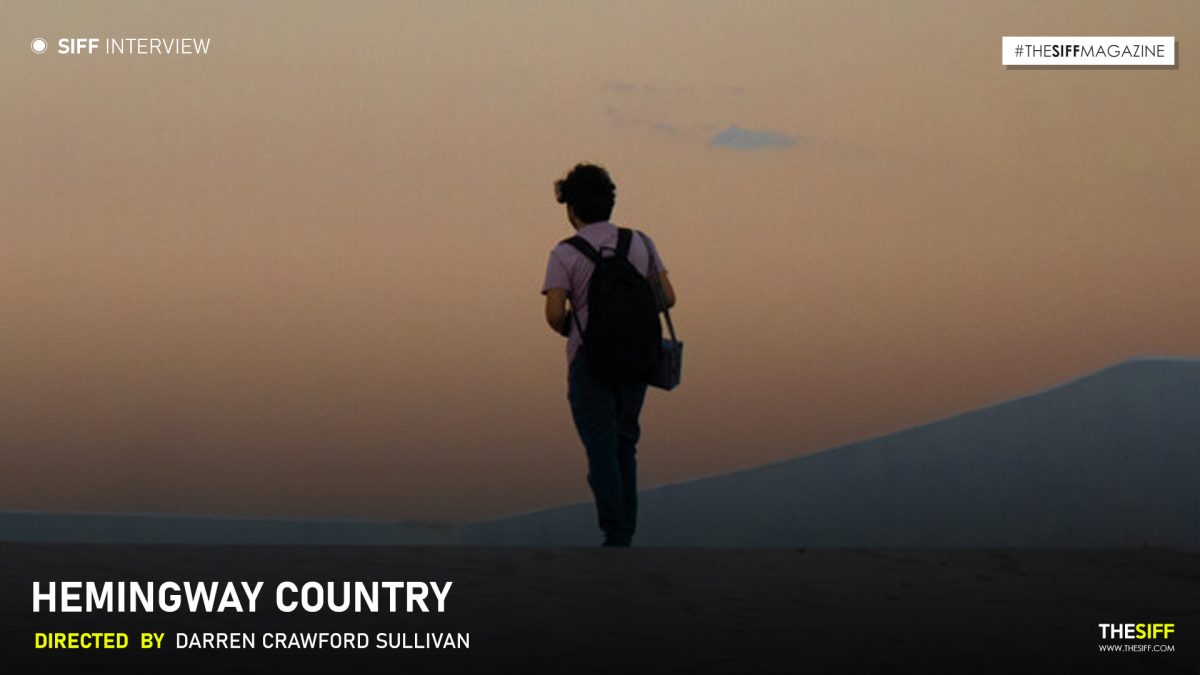
Movie name: Hemingway Country
Written by: Darren Crawford Sullivan

Hi Darren! Welcome to SIFF!
1. What was your inspiration behind this one-act play?
First of all, I want to thank SIFF for all they do in helping filmmakers, screenwriters, and dramatists. It truly is inspiring to be recognized by such a prestigious, well reputed film festival. Hemingway Country was born out of a grant I received to design an open educational resource American Literature textbook from Allan Hancock College on the Central Coast of California. While working on this text I dove into researching Hemingway’s life and his writings. I became focussed on some short stories he had written in the very beginning of his career that I found extremely controversial, poignant, and timeless. These stories just absolutely owned my heart. As a long time playwright, I decided to try to adapt five of them into a one-act play. I thought about set design and transitions. I had to break the fourth wall to adapt certain internal lines of dialogue and narration. I wrote the stage directions purposely in Hemingway’s narrative voice. Adaptations are challenging, and I have only adapted once before in graduate school, a short story by Anton Chekhov. Hemingway was a minimalist with his writing, so he really tried to pack quite a bit into each line of dialogue. The dialogue flows so intimately.
2. Who is your target audience?
Well, I imagine that given some of the themes approached in this play are so very controversial that some community theaters might shy away from this content, but for the most part, I believe audiences full of academics, students, on college campuses would be the preferred base. I think, given that some of the themes like abortion and sexual assault could turn some audience members away, but these scenes really are offering snapshots of human conditions that have long been with us. The play asks the question: How far have human beings progressed with their empathy and understanding? If people are invested in positive social change, then I think they would be invested in this one-act play. Some of these themes struck me as simply timeless. I find the historical analysis of these socio-political issues fascinating. More importantly, Hemingway was way ahead of his time as an American thinker and writer. I believe that these themes are presented in a non-pedantic way. I think this play is for everyone from ages 17 and up.
3. There are five stories, each connecting with the other. What challenges did you face in connecting all five?
This was not easy. I imagined a stage. I realized that each story needed certain props/sets, and I tried to associate certain furniture, like a bunk bed could be used twice, or a canoe could be overlapped as set design. I liked the idea of a screen in the background to help paint some ambience for each scene. I also imagine a company of actors playing interchangeable parts. We had a staged reading of this on Allan Hancock College campus with some wonderful actors and it read very well. We doubled up some parts and it worked perfectly.
4. What are your thoughts about Nick, who is a repeated character in the play?
This was Hemingway’s literary doppelganger. He was always Nick in his short stories. One of the most fascinating discoveries, there is a young Nick in Indian Camp. His father is a doctor and takes him on a house call that goes horribly wrong, He and his father are left in the crisp morning air discussing death and suicide. The irony lay heavy that both Hemingway’s father, and or course Heminway himself, committed suicide. So, in the tranquility of this morning fog, quietly rowing down the river. It’s like the audience is listening to two haunted ghosts having a conversation.The Nick in The End of Something is struggling with his place in traditional society. He knows he should marry, but can’t seem to allow himself to lie about his lack of love for his girlfriend. This story also mimics Hemingway’s earlier life before he went off to Paris. It involved his first marriage, and right before, he went through a powerful depressive episode. Hemingway did not want to get married. He didn’t want to do anything that would inhibit his writing. So, this “Nick” is representing the 20 something Hemingway who was conflicted by traditional gender roles. Also, Harold Krebs from Soldier’s Home could easily be a “Nick” persona because it definitely conveys the bouts with trauma Hemingway suffered in World War One. Krebs personifies Hemingway returning home from a violent bloody war to a society who didn’t care or seem to understand what soldiers suffered during war time.
5. What is the message you wanted to convey in each of the storylines?
I want to share with people that Hemingway might not be the person we have been taught. I want people to watch this play and discover that he was a very complex artist. I want people to think about how these themes still affect us today: abortion, sexual assault, women’s health care, traditional marriage, and PTSD in war veterans. Has the world progressed or declined in how we approach these issues?
6. What challenges did you face during the making of this play?
I experienced more than usual doubt during the writing process. I had doubts that these stories would work on stage. I was worried that perhaps half the audience might walk out offended by the themes. It was very difficult to even talk about the project to other people. Sometimes I try ideas out on people and I can see their attention wane. Once I finished the first draft, I shared it with colleagues at Allan Hancock College in the Departments of English and Theater. It was received with excitement and encouragement. I continued to draft it. The college was gracious enough to produce a live staged reading for an audience, which was an absolutely beautiful performance by a mix of student and faculty actors in the college’s brand new theater: a playwright couldn’t have asked for more. After this reading, I sent it out to script and film festivals, but only ones that were looking specifically for plays, like SIFF.. I wanted people who were dramatists to read it. Screenplays and playscripts are read quite differently.
7. As a first-time screenwriter, are you anxious? What are your current films?
Well, I have written a few screenplays, but have had no productions. My credits are limited to three staged productions of my own plays and I directed my own adaptation of a Chekhov short story. I try not to be anxious in general. If I have the time and the passion to write and complete a project that I am proud of, I share it as much as I can. That’s why it’s so important what SIFF does. This play has done very well on the festival circuit with three wins and six selections, but winning with SIFF has been such a rejuvenating experience. I am so appreciative.
8. Do you think this play will be relatable to your audience and will leave an impact? If so, what is the striking point?
I think an audience will be compelled to discuss some very difficult subjects. These are portraits of people going through challenges that deserve empathy and understanding in a world back then, and perhaps now, that isn’t always that empathic. I would hope these stories move people emotionally. I think this play gives an audience an opportunity to watch how people are affected by issues that many of us never talk about because we just find it too difficult. Let’s look at these people who are suffering and see if we can understand what they are going through and if they were going through these things today, would it be easier for them? Isn’t that what we want from human evolution….to become better people than we were?
9. Are you planning for your next project?
I am still marketing this play and hoping I can find it a home soon.
10. Did you enjoy working with us? What are your feelings after working with SIFF?
SIFF is awesome. You are such a dedicated group of artists and have inspired me so very much. That’s a priceless gift. I only wish I could travel to participate in a season of screenings. I can’t wait to send you more work. I hope to get back to script writing next summer. I am raising teenage twin boys and married to a brilliant and beautiful woman. With my love for them, I sometimes put their endeavors and needs before my own. I also teach part-time for the Allan Hancock College Department of English. I always wait patiently for time to write and hope I catch fire when opportunities strike. To conclude, I want to thank SIFF for championing my art and hope to send you more work in the future.


